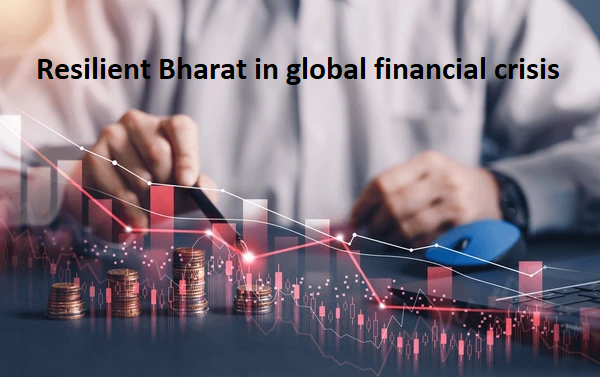
Role of informal sector in becoming third super power
- November 14, 2024
- 0
India is the fifth largest economy in the world. It can also become the third largest economic power in this decade. However, the impact of this economic power will not be visible unless we increase our economic engagement with the global economy. Our goal should be to increase the country’s foreign trade so that we can become the third largest trading power in the world.
India’s global economic footprint is not very strong. Currently, India’s share in world exports is 1.8 percent and it is ranked 18th. We are ranked ninth in the world with a share of 2.8 percent in global imports. If India has to become a global trading power, it will have to become a part of global supply chains.
The high customs duty system is an obstacle in the way of participation in these supply chains. While higher import duties began in 2014-15, the real change came in 2018-19 when all duties rose by 42.3 per cent. Customs duty also rose from an average of 13.7 per cent to 17.7 per cent.
This is a clear shift from liberalisation to protectionism. If India is to become a globally competitive economy, it must reverse this.
Domestic value addition must focus on more structural reforms, such as infrastructure improvements, regulatory and policy reforms, and technological innovation. No country in the world has made significant economic progress without vibrant manufacturing.
In a country like India, which has a large and rapidly growing population and a large youth population, the emphasis must be on labour-based manufacturing. In the early stages of industrialisation, the unorganised sector, small and medium enterprises, will remain the main source of employment. Now that modern and capital-intensive industries are being promoted, the informal economy must also be promoted.
Despite efforts to expand the formal economy, 50% of the country’s economic activities are in the informal sector. A report by the International Labour Organisation claims that more than 80% of the country’s non-agricultural employment is in the informal sector. Instead of rejecting the informal economy, it should be considered a potential source of vibrant growth and employment. It should not be considered contrary to the modernising economy. Rather opportunities and solution should be explored to make it favourable.
There is an opportunity to put forward new ideas on the economic front, question old assumptions and explore new attitudes. This debate should go beyond the government machinery to the wider civil society. The direction we decide today will determine the fate of the country in the times to come.
👇 Please Note 👇
Thank you for reading our article!
If you don’t received industries updates, News & our daily articles
please Whatsapp your Wapp No. or V Card on 8278298592, your number will be added in our broadcasting list.


































































